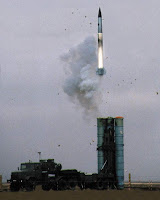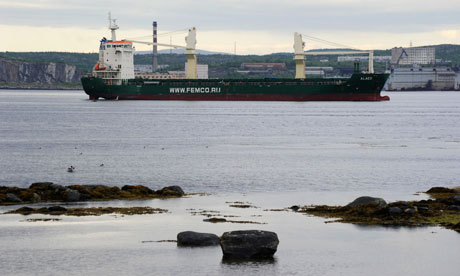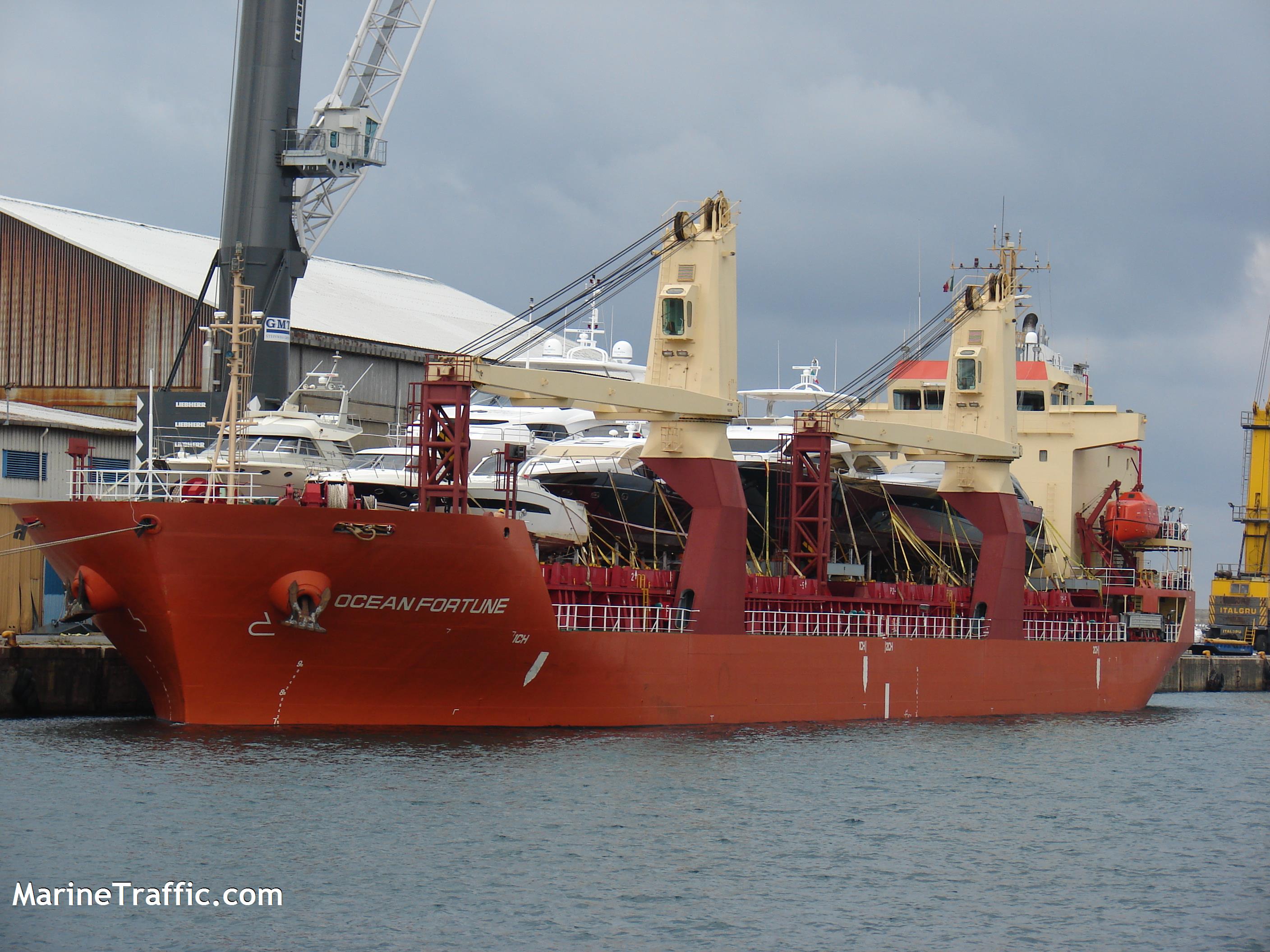 |
| L.T.W. Express, ex-Shelley Express, Gustavia I., Anguilla |
L.T.W.EXPRESS
(Ship name as reported by AIS: L.T.W. EXPRESS)
[Leading the way, LLC .... UAE leading the way in energy transition ??]
General Cargo General Cargo
IMO: 8912792
MMSI: 376859000
Type: GENERAL CARGO
Gross Tonnage: 3988
Summer DWT: 4706 t
Build: 1991
Flag: SAINT VINCENT & GRENADINES
ex-names
Vessel Name: SHELLEY EXPRESS
Flag: PA
Last Reported: 2015-05-07 09:40:00
Vessel Name: ARCTIC SEA
Flag: BB
Last Reported: 2011-11-03 15:26:00
Vessel Name: ARCTIC SEA
Flag: MT
Last Reported: 2010-05-12 08:55:00
Vessel Name: JOGAILA
Last Reported: 2005-03-01
Vessel Name: TORM SENEGAL
Last Reported: 2000-05-01
Vessel Name: ALRAI
Last Reported: 1998-12-01
Vessel Name: ZIM VENEZUELA
Last Reported: 1998-05-01
Vessel Name: OKHOTSKOE
Last Reported: 1996-01-01
[March 14, 2015 The AIS satellite-tracking device removed and transmitting? ]:
 |
| Shelley Express ex-Arctic Sea |
]March 3 2014 Shelley Express at Las Palmas]
 |
| Shelley Express still at Las Palmas |
 |
| Shelley Express, ex Arctic Sea It's ba-ack |
In August 2009, the 'hijacked' Arctic Sea was off Las Palmas. Three Russian Il-76 transport planes (each capable of carrying 44 tons of cargo) were used to bring in the crew and maybe Surface-to-Air S-300 missiles destined for Iran by the Russian industrial complex. Perhaps after the urging of interested nations, the Moscow government intervened with naval forces, 'found' the vessel and sentenced the woeful hijackers, a Latvian and an Estonian, as well as three others described as stateless. This is a brief statement of an intriguing mystery. more also and read
Owner Pmac Maritime, P.O.# 60011, Sharjah UAE >>>Petrofac International Ltd.[FTSE 100] ??? {April 2013)



















































